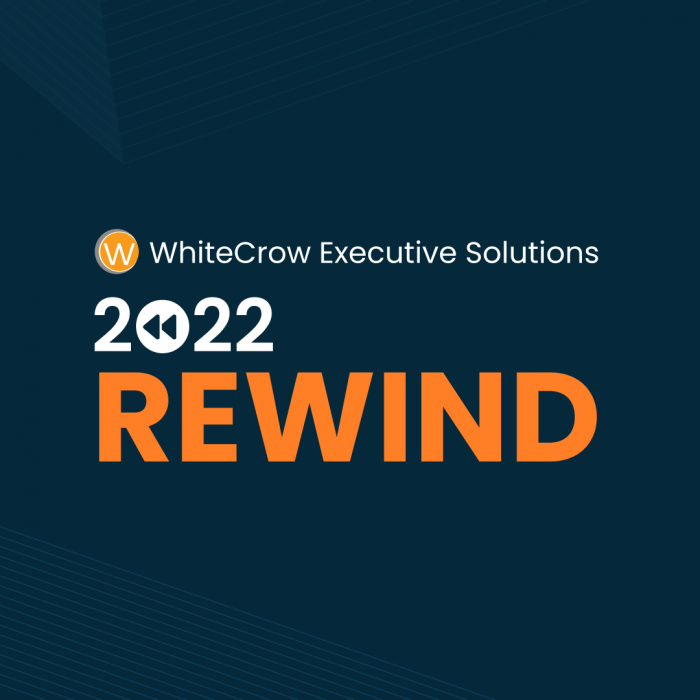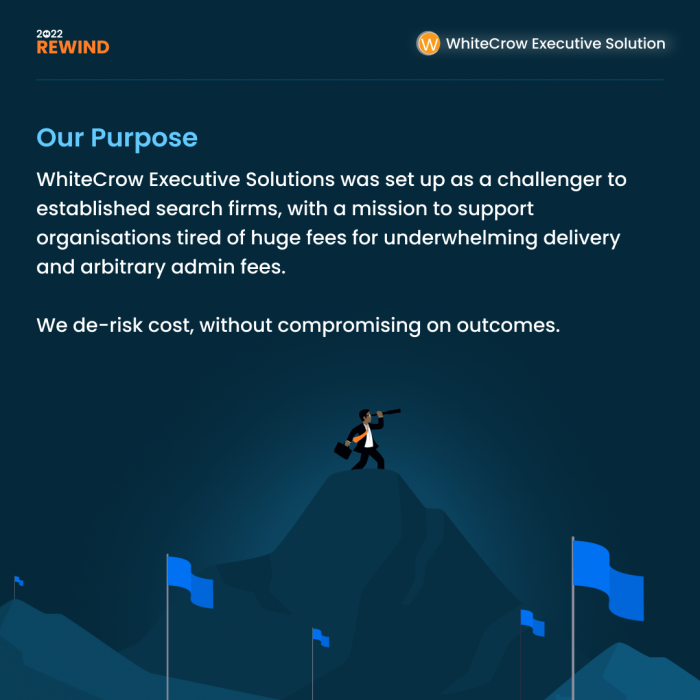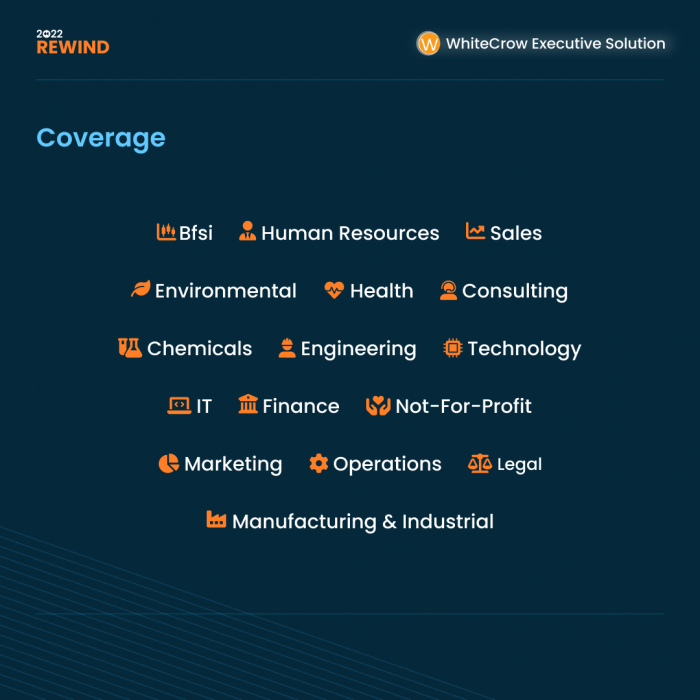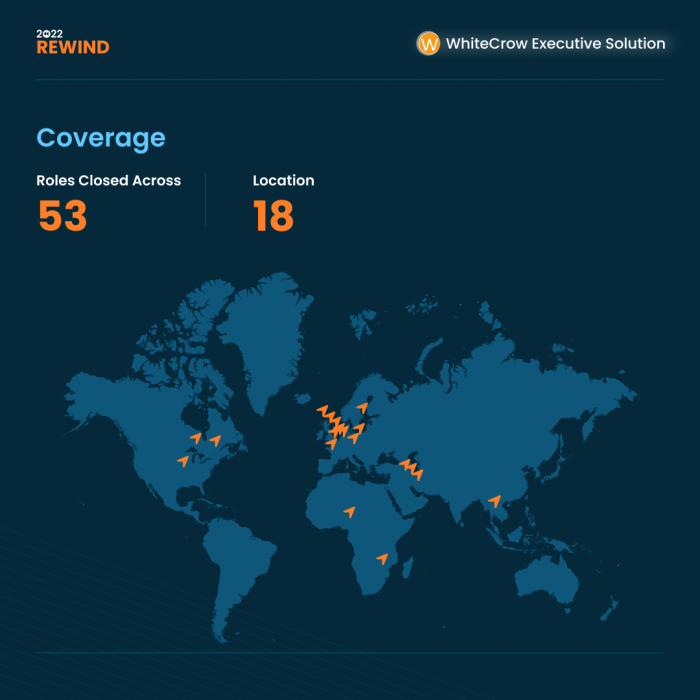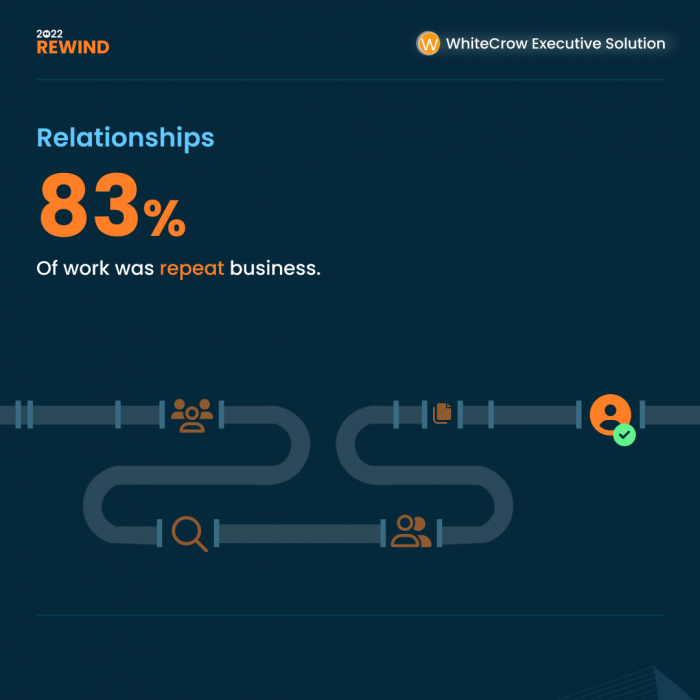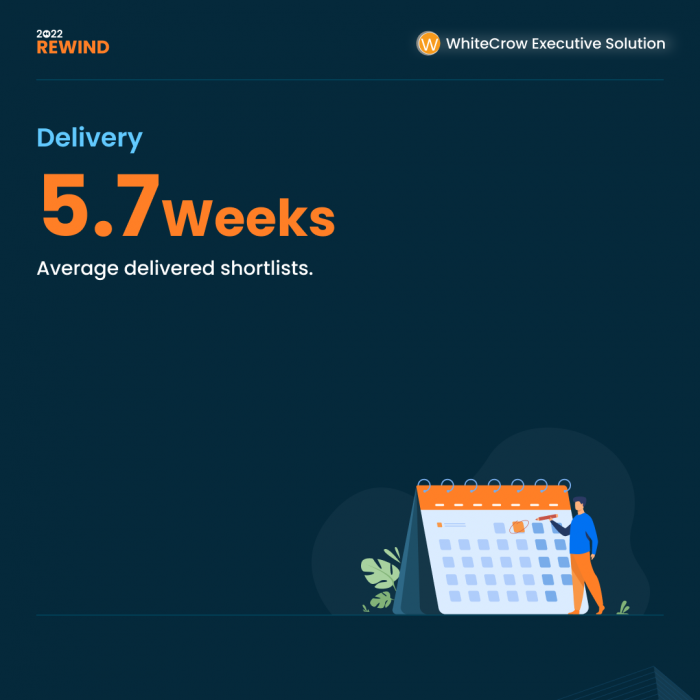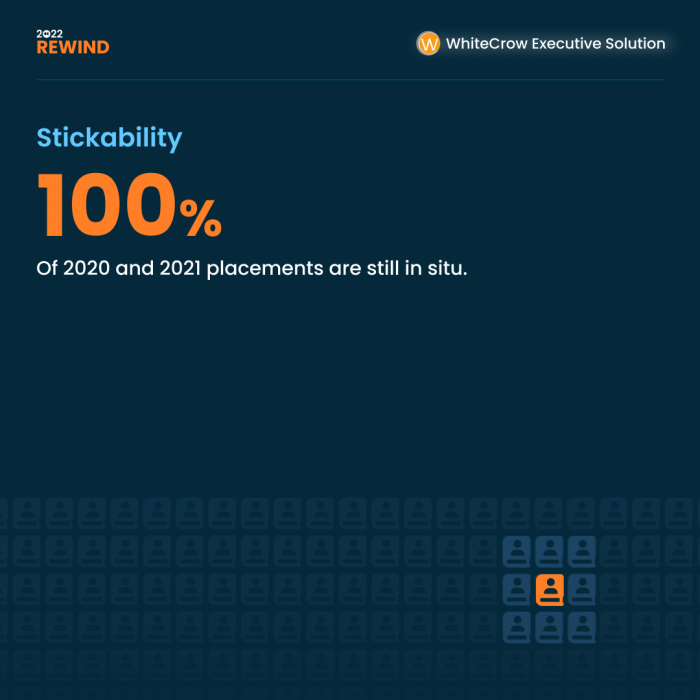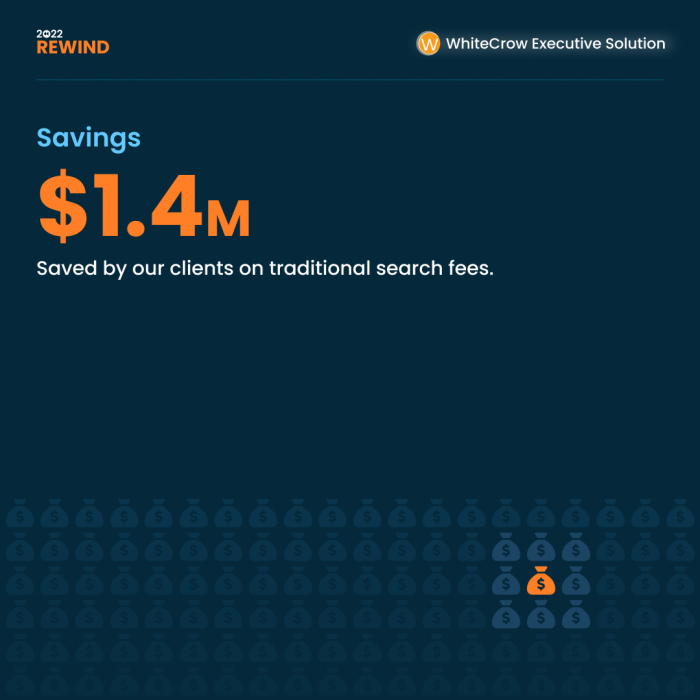The heady days following lockdown were exciting times for talent leaders. As the global economy reopened, companies loosened their purse strings and embarked on what one business leader described as a “hiring frenzy” to get the executive search industry on board. It briefly seemed like that V-shaped bounce the politicians promised us was coming true after all.
And then it didn’t.
Faced with rampant inflation and a cost of living crisis, inhouse search professionals are suddenly finding their budgets squeezed. The problem is, there are still key leadership hires to make. In other words, the directive from on high is ‘do more with less’ and be an agile shape shifter.
That’s not so easy if your search partner is one of the many prominent firms who, despite the pressures on their clients, are unwilling to compromise and still offer the same model: exorbitant pricing and plain vanilla output.
But other flavours are available.
Indeed, many organizations are discovering the executive search industry can provide a range of innovative, affordable, even disruptive solutions.
Below, we list 9 questions every talent leader should be asking themselves about their go-to search firm.

Why am I paying such enormous fees?
The standard executive search fee is 30% of guaranteed first year remuneration, paid in three equal instalments on shortlist, placement and retention. This system rewards inactivity and failure. The shortlist fee is often just payment for sharing a few names from a consultant’s ‘black book’. Even if no candidate is placed, the search firm still waltzes off with two thirds of an enormous sum of money.
What’s all this about taxis and paperclips?
Of course, interviewing candidates is an expensive business. You need to take a taxi to and from the meeting place. That’s the Savoy, by the way. Then you need to buy the candidate some cucumber sandwiches and a glass of . . . oh, hang on, it’s 2023. I’ve got this funny icon on my laptop called Zoom!
So that 30% is only the starting point, now there’s the 10% (in “admin” fees) that are ratcheting up on your invoice. Let’s be honest, search firms should be paid for finding and placing candidates – nothing else.
Wow, you’ve got really nice offices. How do you afford them?
Where’s your search firm based? Their website should tell you. It might even have some glossy pics of their shiny, eco-friendly offices in Manhattan or Mayfair. Very nice. And slightly pointless. Sure, a few years ago a bit of expensive real estate was an important way to impress clients and candidates alike. But today? As more people work from home and the majority of meetings take place online, the need for uptown premises is fast diminishing.
So if your search firm’s still using them, guess who’s paying the rent? Alternatively, if they have downsized their offices, why aren’t they passing on the savings to you in the form of reduced fees?
I liked that person who led the pitch meeting. Why have I never seen them again?
You’ll never get the best candidate if your search firm isn’t selling the opportunity right. That’s a function of understanding you, your business and the role in question. You probably remember explaining all that stuff to the search consultant at the kick-off meeting. Impressive character. Partner in the business. But are you sure they’re the one leading the search? Or have they perhaps delegated the job to an up-and-coming junior?
That’s right, you’re paying champagne prices for sipping lemonade.
What happens if I hire two people from the same shortlist?
Well, this one depends on who owns the IP and too often the answer to that will be . . . not you. There’s only one set of research costs involved in producing a shortlist report so if you want to hire two people from the same list, there’s no earthly reason you should be charged twice over. But that’s exactly what’ll happen if the data doesn’t belong to you. Probably worth checking.
Where’s my market & competitor insight?
The most progressive search firms now have dedicated Talent Intelligence practices. Even smaller firms routinely provide clients with data on competitors, candidate sentiment and market trends. That’s because it’s easy to get this stuff. If your search partner’s speaking to candidates all day (and they should be) there’s no end to the market insight and intelligence they can learn. Not just idle gossip, but precious information that’ll help you hire better, smarter and faster. So if your provider’s end product is just a handsomely bound candidate shortlist, you should be asking why.
But also, beware those TI teams which are disconnected to their executive search colleagues, you will often find within firms they exist in separate countries with little to no communication. That’s a headache for clients. It means separate engagement letters, two sets of costs, non-aligned delivery schedules and a fragmented end-product.
How did you find these candidates?
Old-school search consultants rely on their network. To be fair, this can often result in a perfectly decent shortlist. But are these really the best candidates in the market or just the best in someone’s ‘black book’ or database? Also, how come they’re a bit . . . you know, similar? As organizations increasingly prioritize diversity, full-market scoping is essential. This can’t be achieved unless your search firm has a dedicated research and sourcing function with the ability to fully map out and benchmark the talent landscape.
Sorry, how long?
All industries like to draw a veil of mystery around themselves. It makes their work seem more important. And in the executive search industry world, it allows you to operate to a pace more befitting a think tank. This in turn discourages clients from asking such tiresome questions as “where’s my shortlist?” or “how do you know these are the best candidates?”. But here’s the thing – executive search isn’t rocket science. Of course, you should never rush a search – especially if you’re also gathering all that precious talent intelligence – but if it takes much longer than six weeks, you’re probably doing it wrong.
Six weeks from when exactly?
Ah, good point. It’s easy to imagine that the clock starts ticking on your search as soon as you sign off the proposal. And maybe it does. Then again, maybe your search firm are so strapped for resources that they can’t start for another month. Suddenly your six-week project is a 10-week project. Next thing you know you’ve got stakeholders demanding an update and berating you for missed deadlines. Slightly awkward.
Final Thoughts on The Executive Search Industry
Let’s be clear. There are many fine search consultants out there and they don’t all work for WhiteCrow. But it’s also true that too many of our industry peers are shortchanging clients with exorbitant fees, mediocre output and very little in the way of results.
Can they change? Maybe, but why would they? As private sector salaries surge upwards, those 30% commission fees are getting bigger and bigger.
And perhaps that strikes at the root of the problem. There’s an old saying that the most difficult task in the world is convincing a wealthy man he’s wrong about something. The same is true at the corporate level. After years of easy money, the old-school search firms and job platforms seem incapable of adapting to new realities. Inflexible, intransigent, and wholly lacking in creativity, they’re simply regurgitating the same inadequate solutions but with a winning smile and a whopping invoice.
Perhaps it’s time to turn to someone nimbler, smarter, more creative.
- Fees decoupled from candidate compensation
- Flexibility to commission each element of the search individually
- No hidden charges/safe budgeting
- No paying for legacy infrastructure
- End-to-end delivery by seasoned Search Leaders
- Highly networked
- Co-data ownership
- Integrated Talent Insights & Search Team
- Market insights and intelligence as standard
- Full-market scoping
- Shortlist delivery in under 6 weeks
- Scaled for responsiveness

